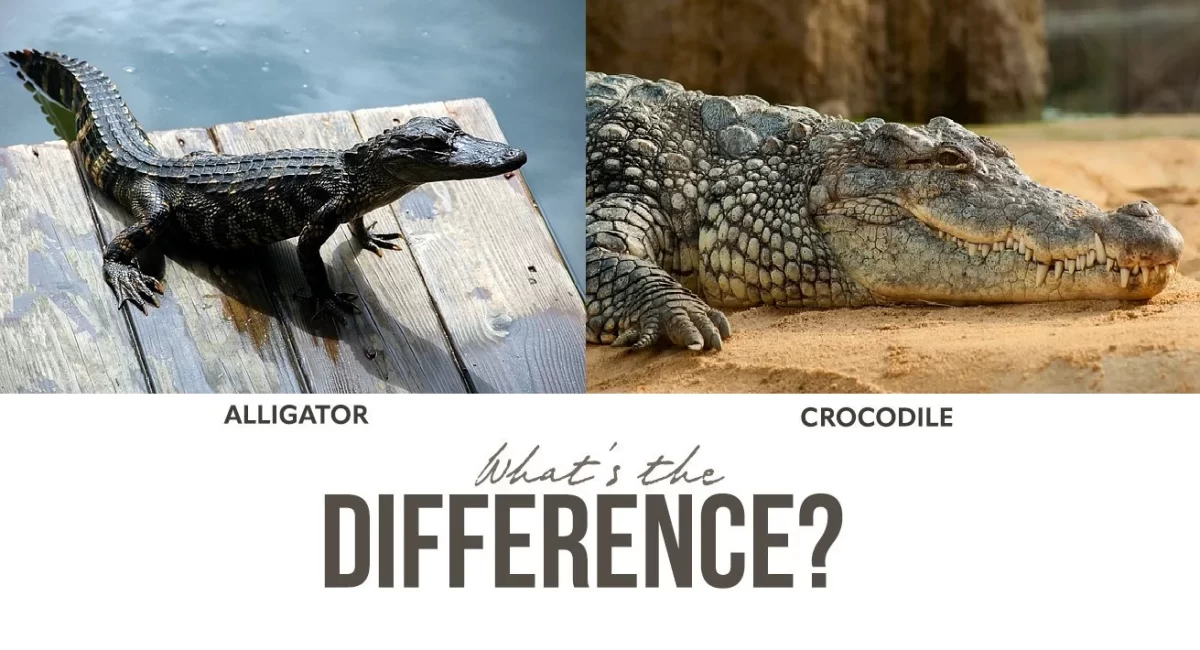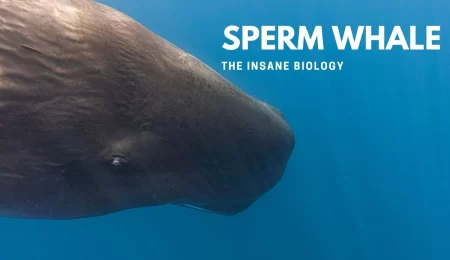Why Are There No Alligators in Africa?
Why Are There No Alligators in Africa: Alligators are one of the most fascinating reptiles in the world. They are known for their massive size, powerful jaws, and the ability to live in both freshwater and saltwater environments. While alligators can be found in many parts of the world, one continent that they are notably absent from is Africa. In this article, we will explore the reasons behind the absence of alligators in Africa.
When one thinks of the African continent, images of majestic elephants, lions, and giraffes come to mind. However, there is one iconic creature that is notably absent from the African landscape – the alligator. While Africa is home to a wide variety of crocodiles, including the Nile crocodile, the American alligator is nowhere to be found. Why is this the case?
The Range of Alligators and Crocodiles
To understand why alligators are not found in Africa, it’s important to look at their natural range. Alligators are native to the southeastern United States and can be found as far west as Texas and as far north as North Carolina. While alligators have been introduced to other parts of the world, including China and Argentina, their natural range is limited to the United States.
Crocodiles, on the other hand, have a much wider range. There are 14 species of crocodiles found in Africa alone, including the Nile crocodile, which can be found throughout sub-Saharan Africa. Other species of crocodiles can be found in Asia, Australia, and the Americas.
The Difference Between Alligators and Crocodiles
Before we delve into the reasons why alligators are not found in Africa, it is important to understand the difference between alligators and crocodiles. While both reptiles belong to the same family, they have distinct physical differences. Alligators have a broad, rounded snout, while crocodiles have a pointed snout. Additionally, alligators have a darker color and are generally smaller than crocodiles.
Habitat
One of the main reasons why alligators are not found in Africa is because they prefer a subtropical climate. Alligators thrive in wetlands, swamps, and marshes, and are found in abundance in the southern United States. While Africa is home to many wetlands, the climate is not suitable for alligators. The weather in Africa is too hot and dry for alligators to survive.
Competition
Another reason why alligators are not found in Africa is because of the competition. Africa is home to the Nile crocodile, which is the largest reptile in Africa and one of the largest crocodile species in the world. The Nile crocodile is a fierce predator and is known to attack and kill humans. Alligators, on the other hand, are not as aggressive as crocodiles, and would not be able to compete with them for food and territory.
Evolution
Alligators and crocodiles have a shared ancestry that dates back millions of years. However, over time, they have evolved to adapt to their specific environments. Alligators evolved to live in the wetlands and swamps of North America, while crocodiles adapted to the rivers and lakes of Africa. While alligators could theoretically survive in Africa, they would be at a disadvantage compared to the Nile crocodile.
Human Intervention
Humans have played a significant role in the distribution of alligators around the world. Alligators were once hunted for their skins, which were used to make leather goods. In the early 20th century, alligator populations were threatened due to overhunting. However, conservation efforts have helped to protect alligator populations, and they are now found in many parts of the world. While humans have introduced alligators to many new environments, they have not been able to successfully introduce them to Africa.
Pros and Cons of Introducing Alligators to Africa
While it may be tempting to introduce alligators to Africa to fill the ecological niche currently occupied by crocodiles, there are both pros and cons to this approach.
Pros:
- Alligators may provide a new food source for local communities.
- Alligators may be able to compete with crocodiles for resources, leading to a more balanced ecosystem.
- Alligators may be better adapted to the African climate than previously thought.
Cons:
- Alligators may not be able to survive in African habitats and could become an invasive species.
- Alligators could potentially displace native species, leading to a loss of biodiversity.
- Alligators could pose a threat to humans and livestock if they were introduced to areas with high human populations.
Conclusion
In conclusion, there are several reasons why alligators are not found in Africa. The climate is not suitable for alligators, and the competition from the Nile crocodile would make it difficult for them to survive. Additionally, alligators have evolved to adapt to the wetlands and swamps of North America, and would be at a disadvantage in Africa. While humans have played a significant role in the distribution of alligators around the world, they have not been able to successfully introduce them to Africa.
FAQs
- Are there any crocodiles in North America?
- Yes, there are two species of crocodile found in North America: the American crocodile and the Morelet’s crocodile.
- What is the difference between an alligator and a crocodile?
- Alligators have a broad, rounded snout, while crocodiles have a pointed snout. Additionally, alligators have a darker color and are generally smaller than crocodiles.
- Can alligators live in saltwater environments?
- Yes, alligators can live in both freshwater and saltwater environments.
- Are alligators dangerous to humans?
- While alligators are not typically aggressive towards humans, they can be dangerous if provoked or if they feel threatened. It is important to exercise caution when in areas where alligators are present.
- Can alligators be found in other parts of the world?
- Yes, alligators can be found in many parts of the world, including the southern United States, China, and South America.




Leave a Comment